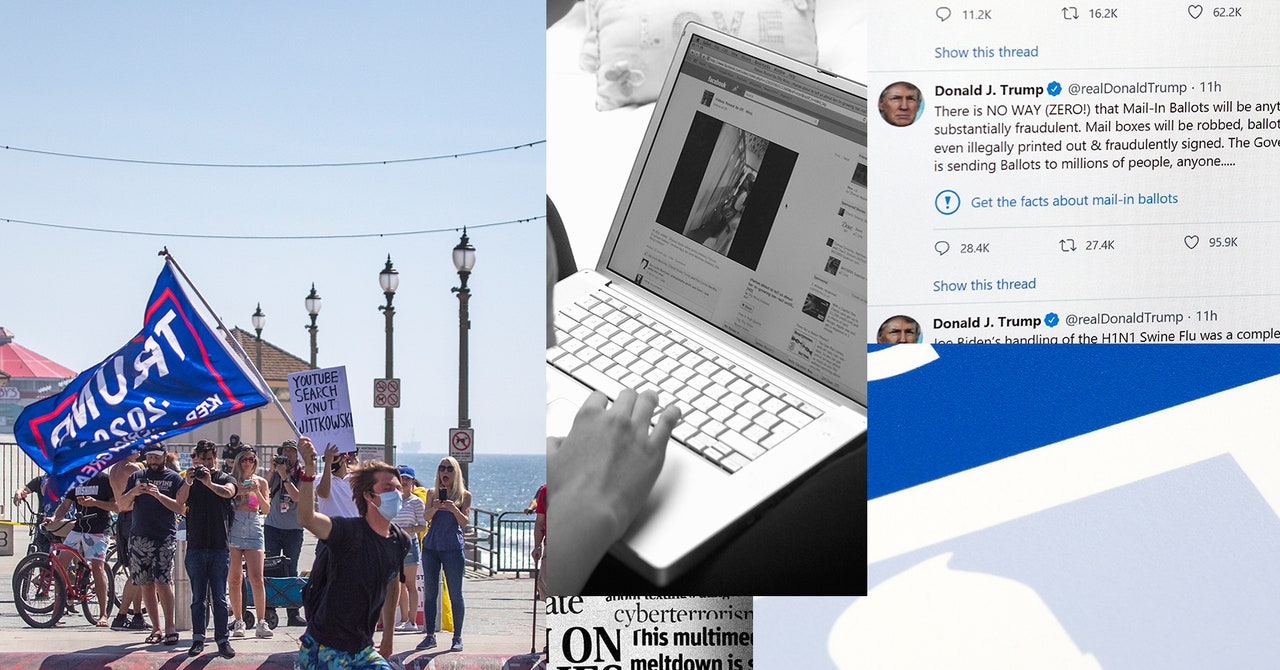Political speech has always been tethered to public health. The mass protests that erupted following George Floyd’s murder foreground this overlap: White supremacy is a public health disaster. Climate denialism and anti-vaxx activism similarly threaten the lives and safety of citizens around the globe. With Covid-19, the line between political speech and public health has eroded in even more distressing ways. Objects of science have, for many, been reduced to matters of opinion—or even outright conspiracy. In those cases, masks aren’t just masks; they’re symbols of oppression. Anthony Fauci isn’t just the country’s most prominent infectious disease expert; he’s part of a Deep State cabal seeking to undermine the Trump administration from within. The virus itself isn’t ripping through our neighborhoods, forcing cities like Houston to use backup morgue space; it’s a hoax, or something the Democrats are exploiting to goose their election odds. The inability to cordon off the basic facts of public health from reactionary propaganda threatens people’s lives. And, like everything in this godforsaken pandemic, things are on track to get much worse.
While it might be tempting to blame the people who refuse to wear masks, or the politicians who would rather discuss individual rights than public health, or the president who would rather tweet about beans, our present crisis runs much deeper than any single individual or group. The structures and assumptions we take for granted are themselves part of the problem. Calls to defund the police provide a helpful analogue. Until we fundamentally reimagine what law enforcement means and does, lasting change will not be possible; all the injustice baked into the system will continue emerging from that system. Something similar could be said of social media: Until we fundamentally reimagine our information ecosystem and our respective roles within it, we’ll keep repeating the same patterns over and over—not as a bug of the system, not as a feature of the system, but as the system itself.
One force we must confront is the attention economy, an incentive structure designed to reward the most uncompromising, polarized, clickable minority. (Ironically, this minority is very often part of the white majority; see breathless, disproportionate coverage of white nationalists and supremacists following the 2016 election.) The resulting tyranny of the loudest presents an algorithmically-warped view of what’s happening in the rest of the United States.
The debate around masks is a textbook example. The articles that trend and videos that go viral don’t feature the majority of Americans who are perfectly fine wearing masks; who do so without once throwing a temper tantrum in Costco. Without question, there are people who cannot stop throwing temper tantrums in Costco; it’s become its own genre of performance art. It’s also true that many Republican politicians have flouted CDC guidance on masks or refused to issue mask mandates; Georgia governor Brian Kemp is even suing the city of Atlanta to prevent enforcement of a mandate. All of this is un
Read More

